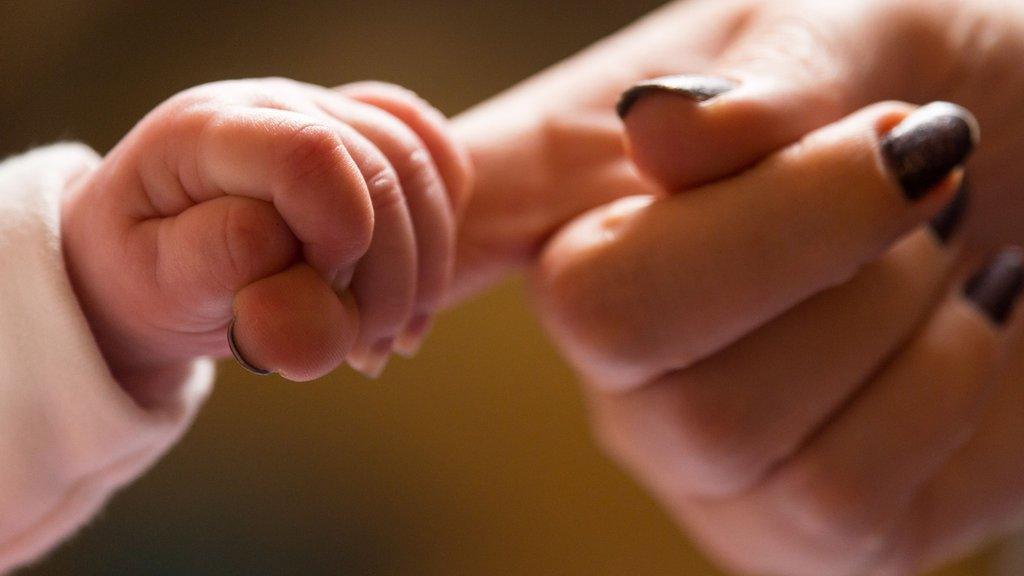'The one commonality is we've all lost our person'
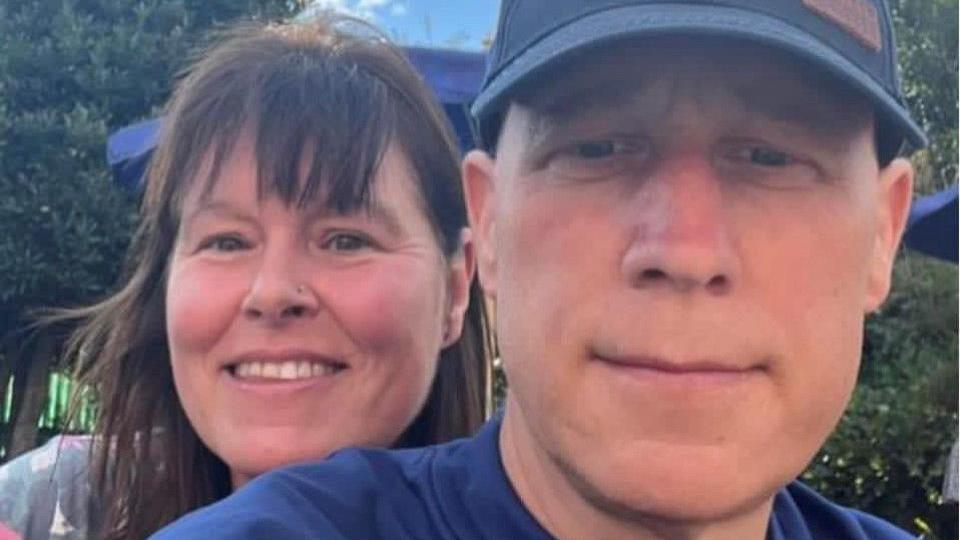
Anya and Jonny's lives were turned upside down when he was diagnosed with cancer in March 2022
- Published
A woman whose husband died just seven months after he was diagnosed with cancer has set up a support group for widows. More than 150 people have now joined Bristol Widowed Together BS3, an informal group offering both online support and face-to-face meet ups.
Anya Joscelyne met her husband Jonny 20 years ago on a hot summers day in July while on a "boozy boat cruise".
They got to know each other quickly and in 2007 moved to Bristol where they had children and "lived a normal life".
But their lives were turned upside down when in March 2022 Jonny was diagnosed with cancer and died just seven months later.
Then 51-years-old and with two children, Anya was surrounded by the support of friends and family, but the sense that she needed to be with others who really "got it" was hard to shake.
Her search for connection eventually led her to forming her own group, bringing together people who had been widowed.
"The one commonality is that we're all sat there and we've all lost our person, that's it," she said.
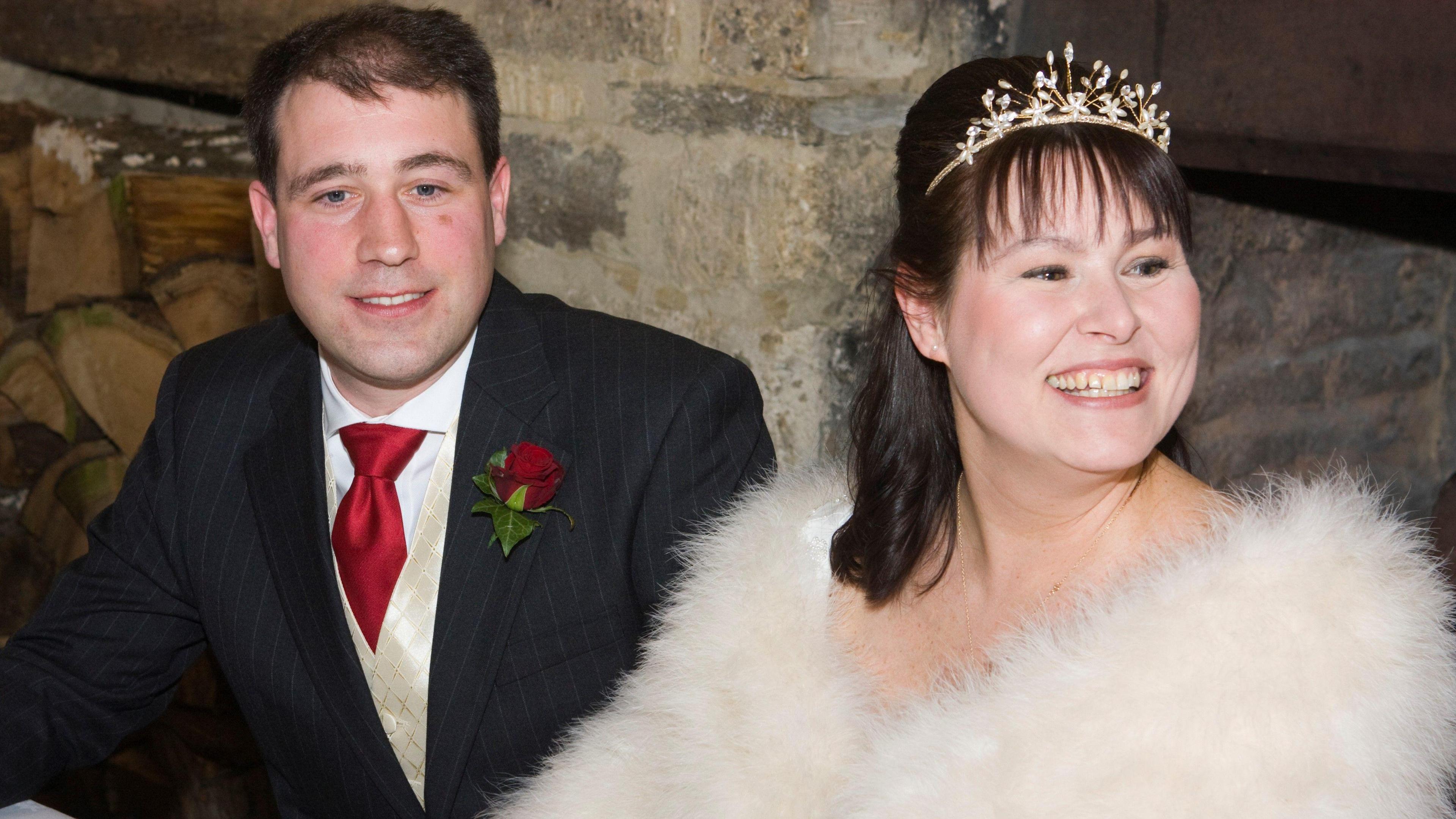
The couple lived what Anya described as a "normal" life before receiving Jonny's shock diagnosis
Jonny was a civil engineer and what Anya described as a "complete health freak", so when his oesophageal cancer diagnosis came, it was completely "out of the blue".
He had just one symptom, struggling to swallow, and at first a doctor suggested that it may simply be acid reflux - but further investigation revealed the cancer's presence and he was diagnosed the same day.
The prognosis, Anya said, was "very poor".
She told the BBC how Jonny accepted really early on that he had no control over the cancer, and set to work on practical matters - including writing a manual to the aspects of every day life he usually managed.
The family managed to spend time together, including on a camping trip to Cornwall, but Jonny died just months later.
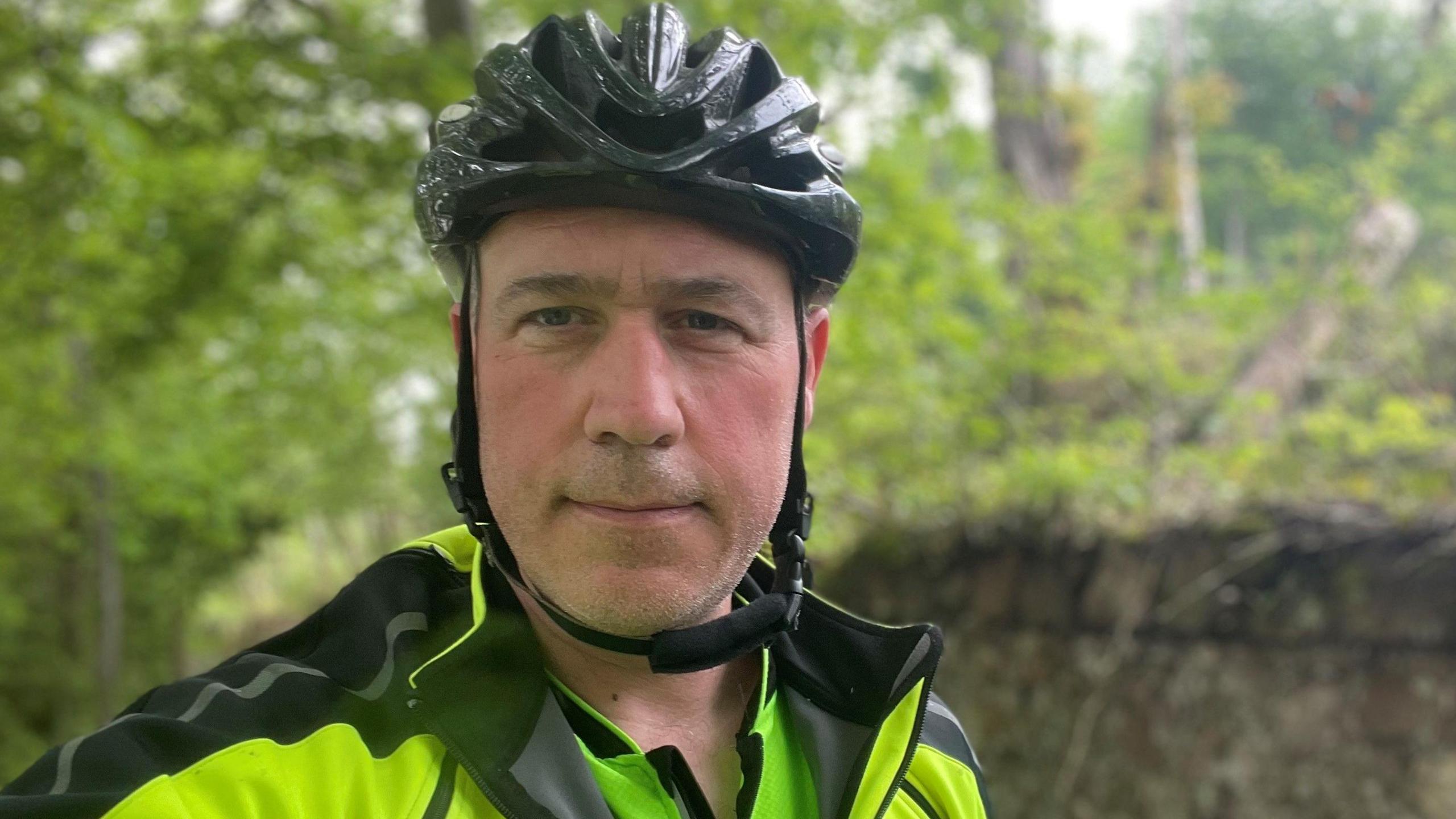
Anya described Jonny as a "complete health freak"
While Anya was surrounded by friends and family, and even the neighbours on her street in Ashton, Bristol, she quickly realised that she needed to connect with other people who understood what it was to lose a partner when she still had school-aged children at home.
"That's not to say other people don't get it, they do - grief is grief," she said.
"It's just this is different."
With difficulty finding what she needed online too, Anya decided to take matters into her own hands and set up her own group - one that combined support in the form of a private Facebook group with face-to-face support.
"I just wanted a friendship group, a peer support group," she said.
"It's not a counselling group, I was very clear about that from the get go.
"This is just a chat, this is friendship, this is for people who understand and who might or might not want to meet up."
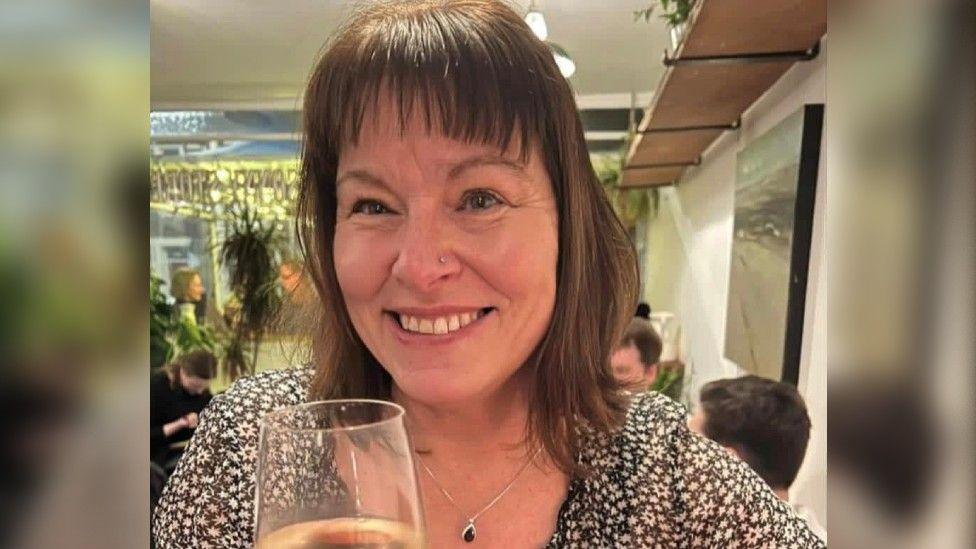
Anya struggled to find people who had lost a partner at a similar age
That first meeting lasted about three hours, spent moving from person to person and learning more about their stories.
"There was one person there whose wife had died a year and a half before and he hadn't been out at all," she said.
"He said 'this is the first place I've been, meeting a bunch of strangers who I feel get it'."
More than 150 people have now joined the online group which meets about once a month to every six weeks.
"It's not to suggest that everybody is going through the same thing, you're not," Anya added.
"But the one commonality is that we're all sat there and we've all lost our person.
"People are at very different stages and grieve very very differently, it's not that there's a rule or a way that you should do it, but there is that understanding."
Not alone
For Anya herself, it has become a vital source of support as she navigates life after her family's loss.
"If you feel you can't face something alone, then don't feel you have to," she said.
"I knew I couldn't do this alone - some people would, but I knew I had to reach out and ask for help."
Follow BBC Bristol on Facebook, external, X, external and Instagram, external. Send your story ideas to us on email or via WhatsApp on 0800 313 4630.
Related topics
- Published7 May 2024
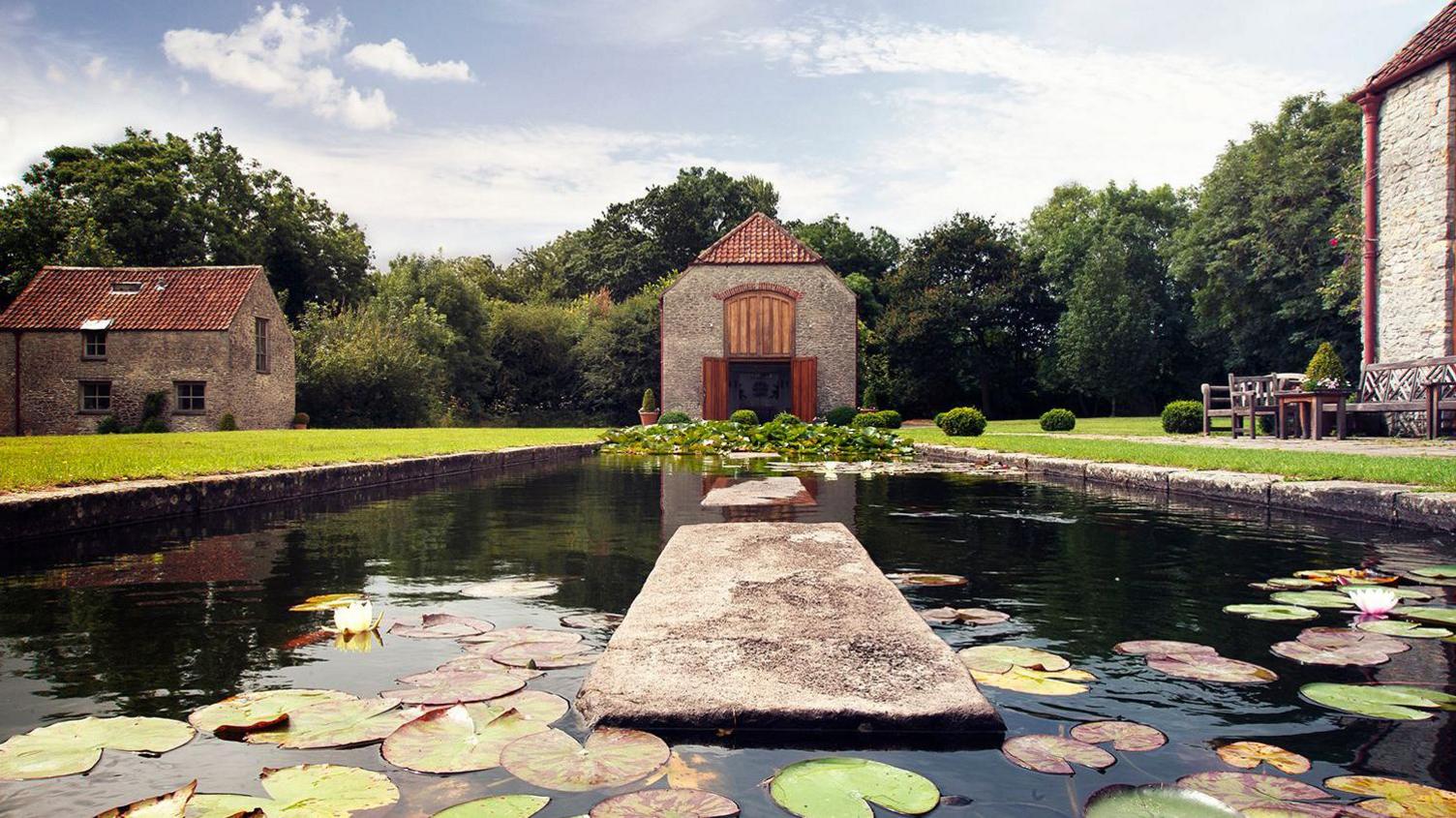
- Published4 March 2024
